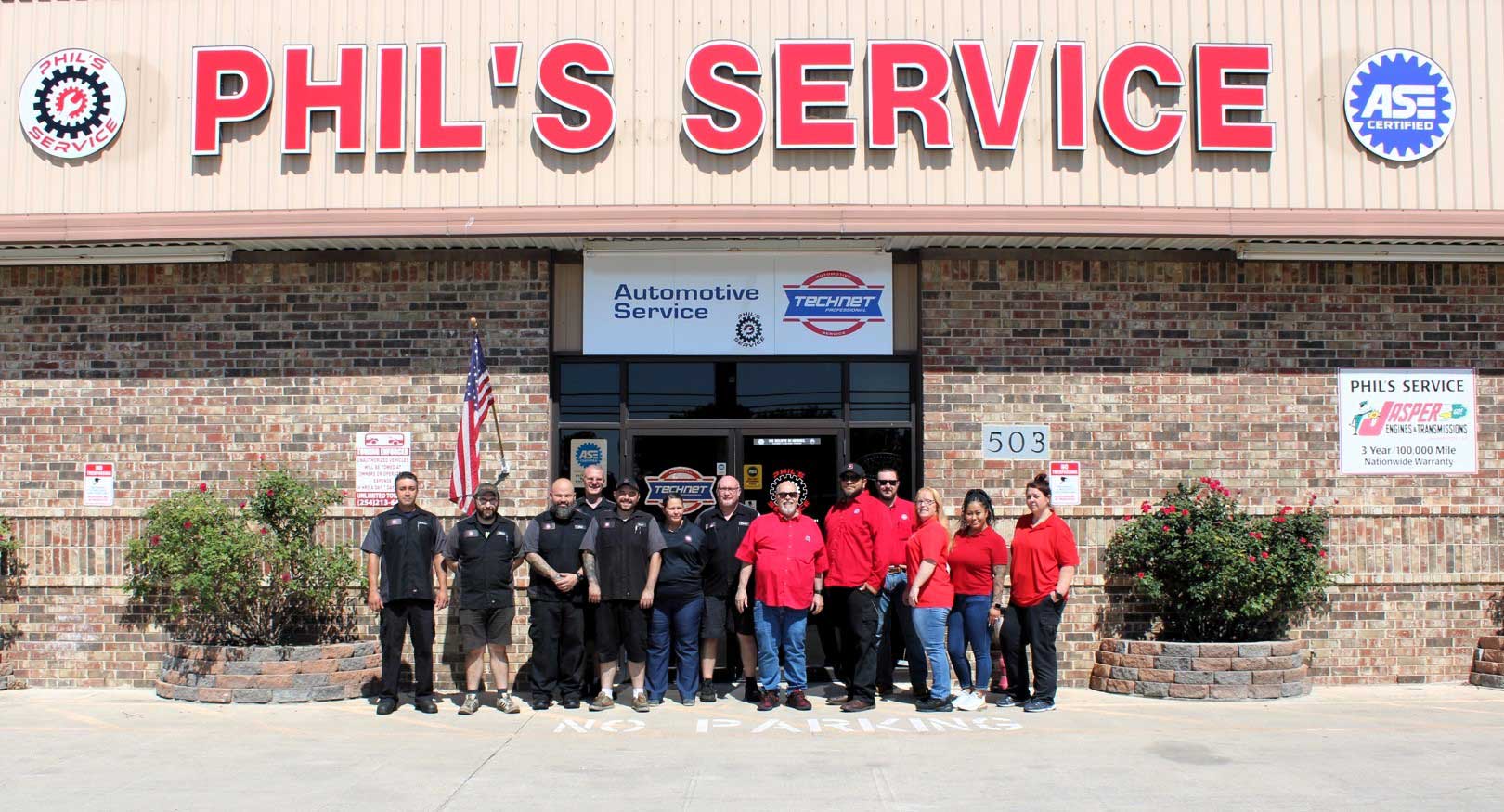7 Signs of Transmission Failure
If you have been driving for very long, you are already aware that the transmission system is constantly exposed to both heat and stress. You understand that if you want to keep your vehicle running for very long, it is important to follow the recommended intervals for transmission service as stated in your vehicle owner’s manual (i.e., every 60,000 to 100,000 miles).
Are you noticing any of the signs of transmission failure listed below?
- High RPM (over 3,500)
- Delays in acceleration
- Inability to reverse
- Unusual or burnt smells
- Check engine light flashes
- Difficulty shifting gears
- Shifting gears produces a harsh response and/or strange noises.
If you are experiencing any of the above problems, take a look at some of the causes of transmission failure:
- Low fluid level – Low fluid levels can create a number of problems, such as overheating and low hydraulic pressure to engage gears. It can also indicate a leak in the transmission.
- Burnt fluid – Burnt fluid occurs when your transmission overheats. You may think you are smelling burnt toast, or notice that the fluid has turned black.
- Worn or broken transmission bands – Transmission bands (they link the gears in automatic transmissions) can become worn or broken through normal use.
- Clutch problems – They may become worn or burnt from inadequate transmission fluid.
- Worn out gears – Gears can wear out due to normal wear. Worn or frayed gears don’t properly link together resulting in jerky or bumpy shifting of gears.
- Solenoid Problems – The solenoid is an electro-hydraulic valve that controls the flow of fluid throughout the transmission. Any damage or electronic issues can cause the wrong amounts of fluid to be dispersed.
- Torque converter issues – A clogged torque converter prevents the engine’s power being changed into torque to the transmission.
If you are experiencing any of the problems listed above, don’t delay in scheduling a transmission service. Contact our ASE Certified technicians at Phil's Service today to find out more information about the signs of transmission failure and to schedule an appointment. Our auto shop proudly serves residents in the community of Killeen, TX, and surrounding area.
If you’re wondering about the seven common signs of transmission failure, call All Tune & Lube Killeen today to schedule an appointment. Following the recommended transmission service intervals will help prevent major transmission repair.
If you have been driving for very long, you are already aware that the transmission system is constantly exposed to both heat and stress. You understand that if you want to keep your vehicle running for very long, it is important to follow the recommended intervals for transmission service as stated in your vehicle owner’s manual (i.e., every 60,000 to 100,000 miles).
Are you noticing any of the signs of transmission failure listed below?
- High RPM (over 3,500)
- Delays in acceleration
- Inability to reverse
- Unusual or burnt smells
- Check engine light flashes
- Difficulty shifting gears
- Shifting gears produces a harsh response and/or strange noises.
If you are experiencing any of the above problems, take a look at some of the causes of transmission failure:
- Low fluid level – Low fluid levels can create a number of problems, such as overheating and low hydraulic pressure to engage gears. It can also indicate a leak in the transmission.
- Burnt fluid – Burnt fluid occurs when your transmission overheats. You may think you are smelling burnt toast, or notice that the fluid has turned black.
- Worn or broken transmission bands – Transmission bands (they link the gears in automatic transmissions) can become worn or broken through normal use.
- Clutch problems – They may become worn or burnt from inadequate transmission fluid.
- Worn out gears – Gears can wear out due to normal wear. Worn or frayed gears don’t properly link together resulting in jerky or bumpy shifting of gears.
- Solenoid Problems – The solenoid is an electro-hydraulic valve that controls the flow of fluid throughout the transmission. Any damage or electronic issues can cause the wrong amounts of fluid to be dispersed.
- Torque converter issues – A clogged torque converter prevents the engine’s power being changed into torque to the transmission.
If you are experiencing any of the problems listed above, don’t delay in scheduling a transmission service. Contact our ASE Certified technicians at Phil's Service today to find out more information about the signs of transmission failure and to schedule an appointment. Our auto shop proudly serves residents in the community of Killeen, TX, and surrounding area.


